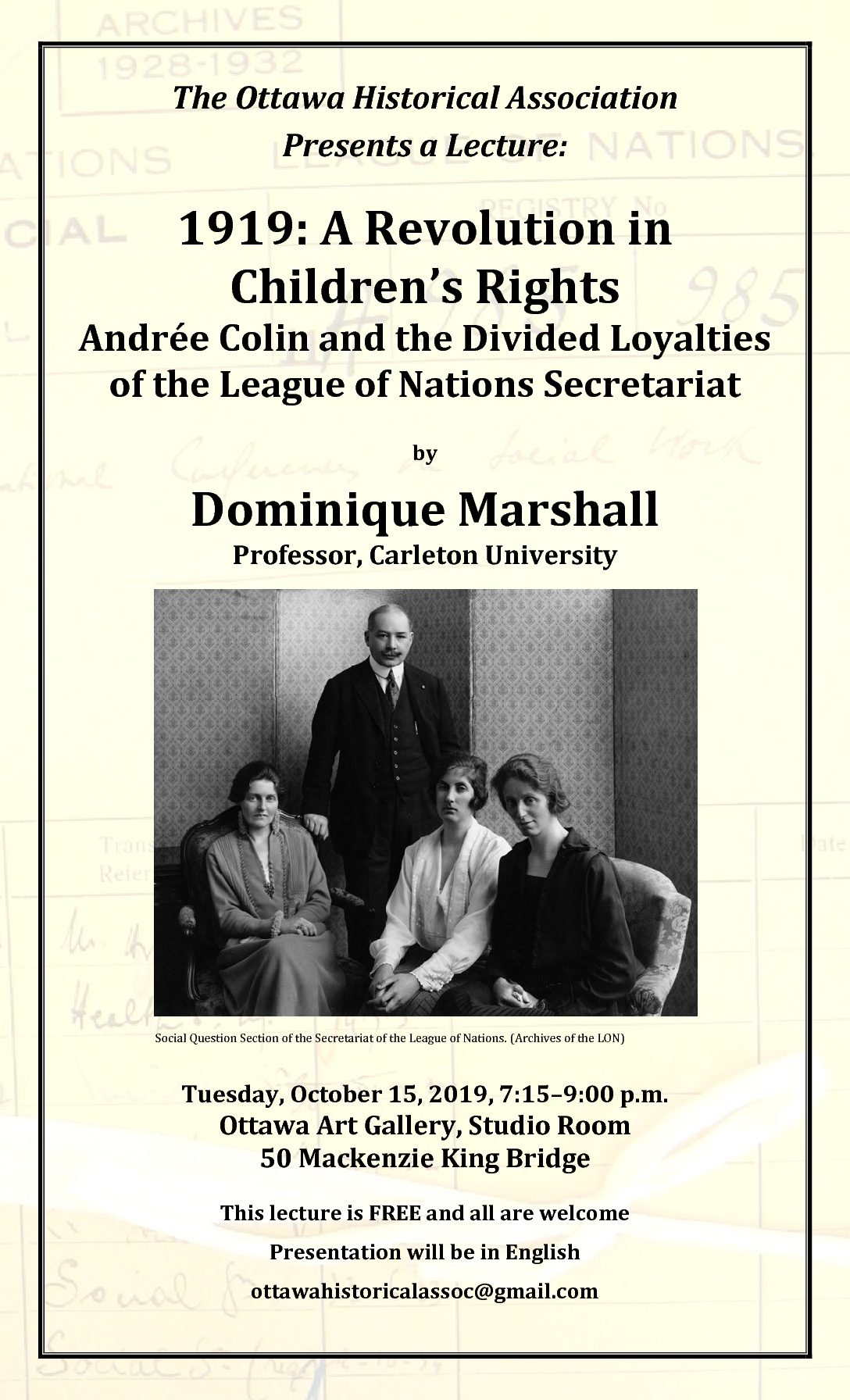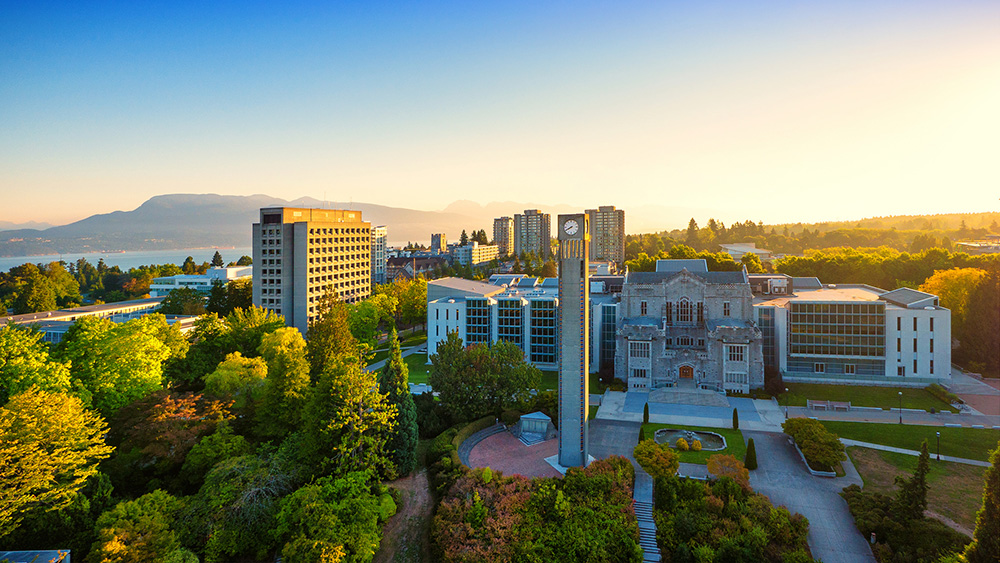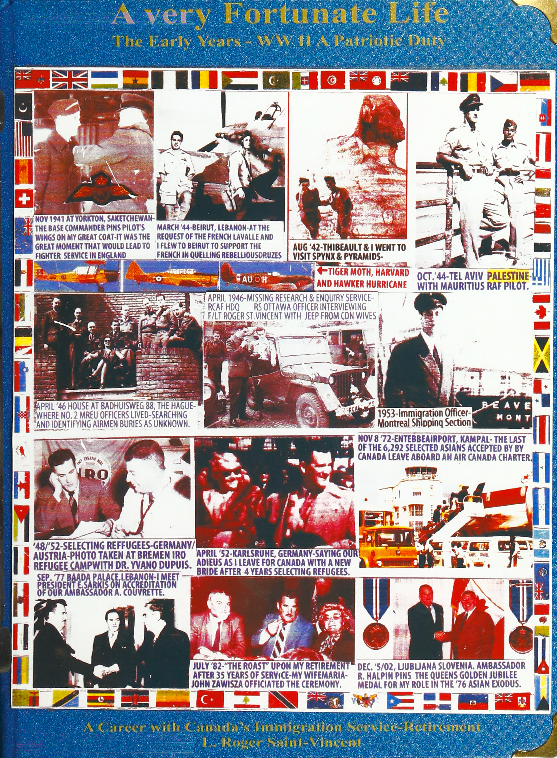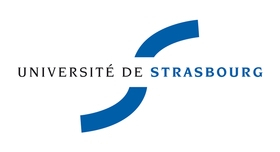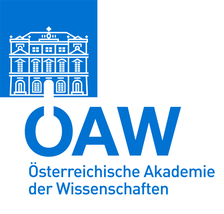“Why Do We Have To Help Foreign Children, Don’t We Have Enough Poor Children In Our Own Country?”*
Successes and Challenges in Post World War I Relief Activities in Austria and Central Europe
Symposium to be held at the Austrian Academy of Sciences in Vienna, September 26-27, 2019
jointly organized by the Austrian Academy of Sciences, the American Austrian Foundation and the Austrian Marshall Plan Foundation
Call for Papers
In the spring of 1919, the American Relief Administration under the leadership of Herbert Hoover started to feed Austrian schoolchildren, a program that continued until 1922 and supplied at its peak more than 300.000 lunches a day. Together with further American as well as other international programs, this project brought major relief to a country starved after four years of war and its aftermath. Child mortality had increased by 60% from prewar levels and in 1919 78% of all Austrian children were considered malnourished by teams of international physicians. Continue reading

